Seeking Mentorship: The Turning Point in My Entrepreneurial Journey
Discover how the “Meeting with the Mentor” step of the Hero’s Journey transformed my entrepreneurial path. Learn key insights from “Tribe of Mentors” by Tim Ferriss and “Mindset” by Carol Dweck, and explore a case study of Mark Zuckerberg and Sean Parker’s mentorship.

Starting my entrepreneurial journey was both exhilarating and terrifying. The excitement of bringing my ideas to life was often overshadowed by the daunting challenges that lay ahead. I quickly realized that I needed more than passion and a great idea; I needed guidance, wisdom, and support. This is where the “Meeting with the Mentor” step of the Hero’s Journey became a pivotal moment in my story.
The Search for Guidance
The two books that best helped me with these issues were Mindset by Carol Dweck and Tribe of Mentors by Tim Ferriss. Mindset by Carol Dweck was instrumental in teaching me the importance of a growth mindset. It helped me reframe my thinking, so instead of seeing challenges as roadblocks, I began seeing them as valuable learning and development opportunities. This shift was crucial for my personal and professional growth, enabling me to persist through difficulties with a positive outlook.
Meanwhile, “Tribe of Mentors” by Tim Ferriss gave me a wealth of collective wisdom from some of the most successful people across various fields. This book's practical advice and diverse insights were like having a board of advisors at my fingertips. Whether it was strategies for productivity, decision-making frameworks, or stories of overcoming adversity, the guidance from this book equipped me with the tools and confidence to navigate the entrepreneurial landscape effectively. These books addressed my need to embrace challenges and seek mentorship, significantly impacting my entrepreneurial journey.
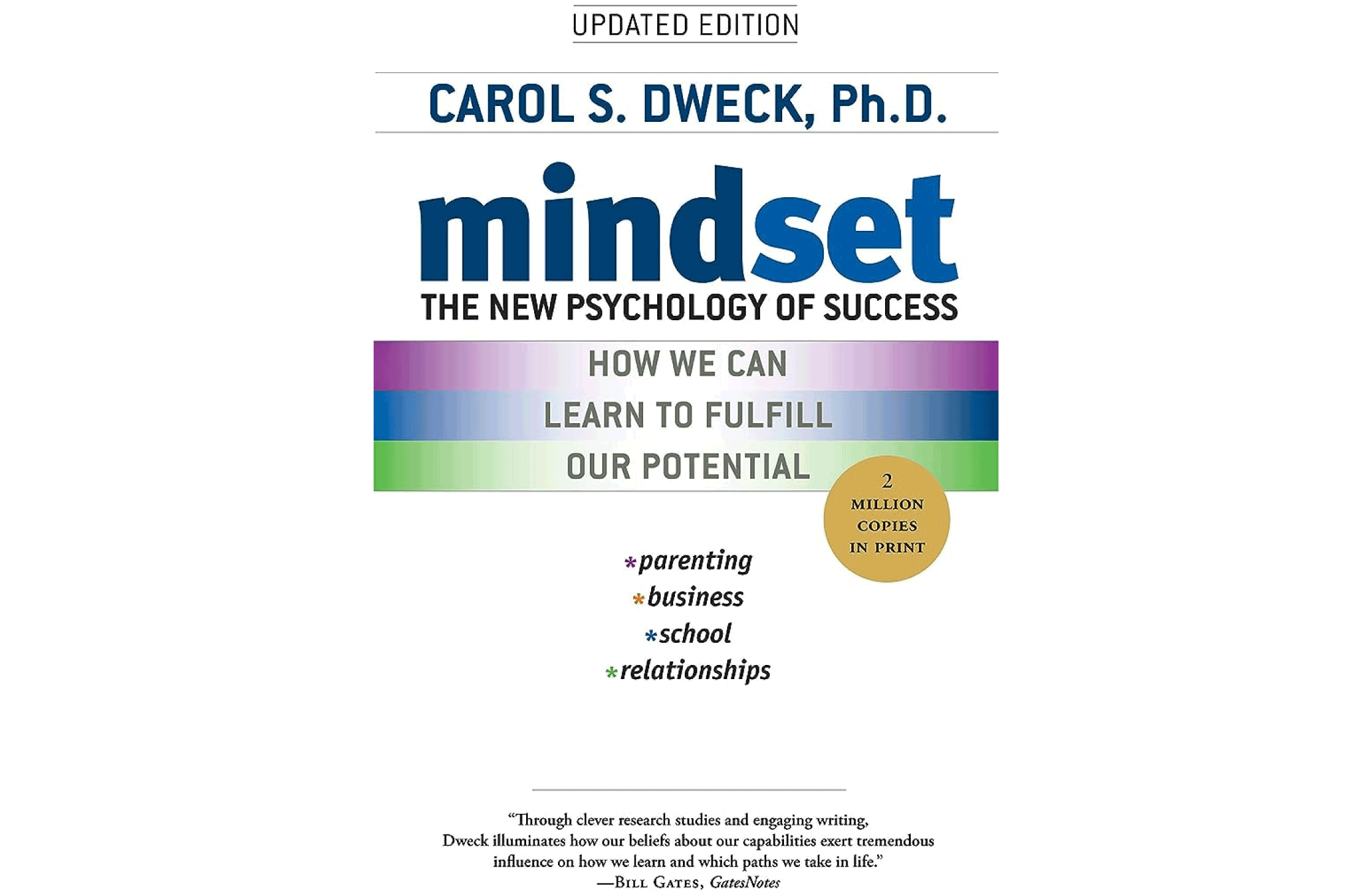
“Mindset” by Carol Dweck
"Mindset" by Carol Dweck: Discusses the growth mindset, an essential trait for entrepreneurs, especially when they are mentored. It helps them see challenges as opportunities to grow rather than insurmountable obstacles.
“The view you adopt for yourself profoundly affects the way you lead your life.” – Carol Dweck, “Mindset”
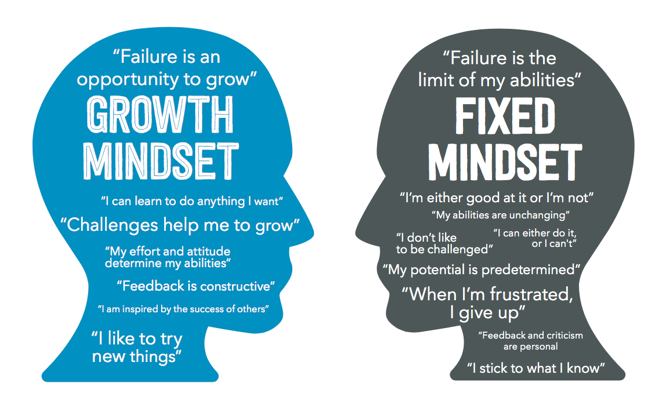
Key Concepts of "Mindset" by Carol Dweck:
- Fixed vs. Growth Mindset: Dweck explains the difference between a fixed mindset (believing abilities are static) and a growth mindset (believing skills can be developed through effort and learning).
- Embracing Challenges: A growth mindset encourages viewing challenges as growth opportunities rather than obstacles.
- The Power of Yet: This concept teaches the value of persistence and continuous improvement by embracing the idea that skills and understanding develop over time.
“In a fixed mindset, everything is about the outcome. If you fail or are not the best—it’s all been wasted. The growth mindset allows people to value what they’re doing regardless of the outcome.” – Carol Dweck, “Mindset”.
Dweck’s insights helped me reshape my approach to challenges and setbacks, reinforcing the lessons I learned from “Tribe of Mentors.”
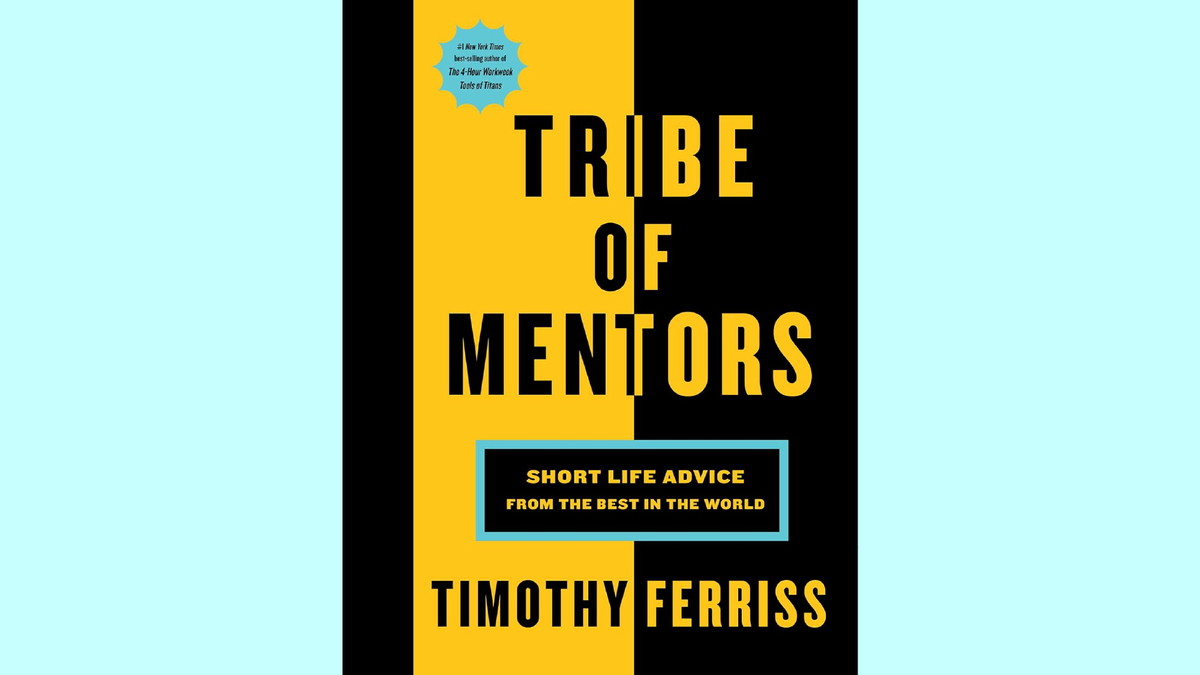
“Tribe of Mentors” by Tim Ferriss
"Tribe of Mentors" by Tim Ferriss: This book offers collective wisdom from various successful people, giving entrepreneurs access to diverse insights and strategies that can shape their path and decision-making processes.
“When you’re green, you’re growing. When you’re ripe, you rot.” – Ray Kroc, from “Tribe of Mentors”
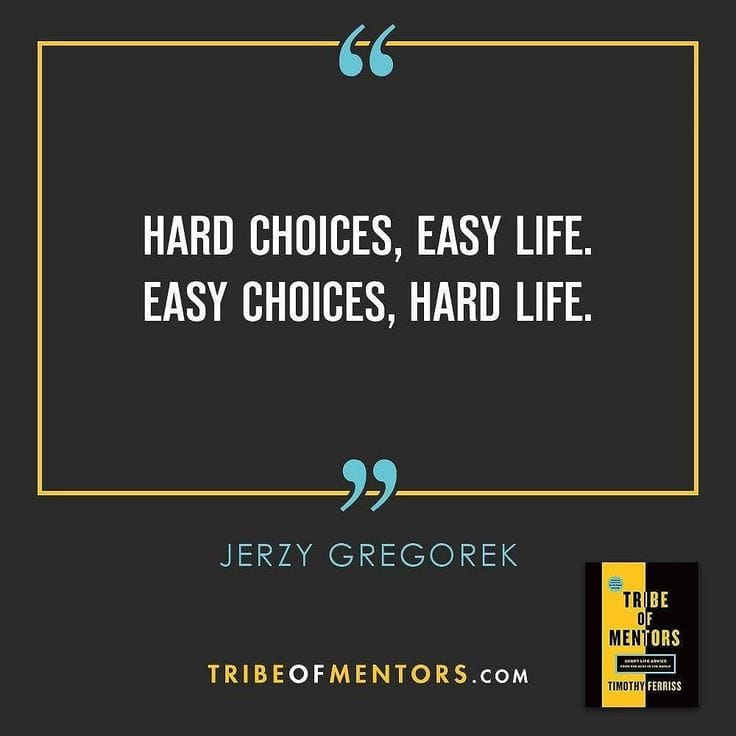
"Tribe of Mentors" by Tim Ferriss Key Concepts:
- Diverse Insights: Ferriss curated wisdom from a wide array of successful individuals across different fields, providing a broad spectrum of strategies and perspectives.
- Practical Advice: The book offers actionable advice that can be immediately implemented, from productivity hacks to mental models for decision-making.
- Resilience and Adaptability: Many contributors share stories of overcoming adversity, highlighting the importance of resilience and adaptability in achieving success.
“If the challenge we face doesn’t scare us, then it’s probably not that important.” – Tim Ferriss.
Applying the Lessons
Armed with the insights from these books, I approached my entrepreneurial journey with renewed confidence and a more strategic mindset.
- Strategic Decision-Making: from “Tribe of Mentors,” I learned various decision-making frameworks that helped me evaluate options more effectively. For instance, the idea of “micro-testing” business ideas before fully committing to them was invaluable. By running small, low-risk experiments, I could gather data and make informed decisions, reducing the likelihood of costly mistakes.
- Embracing Challenges: “Mindset” taught me to embrace challenges rather than shy away from them. When faced with obstacles, I started seeing them as opportunities to grow and learn. This mindset shift reduced my fear of failure and increased my resilience. I became more proactive in seeking feedback and using it to improve my strategies and operations.
- Building Resilience: The stories and advice from “Tribe of Mentors” included numerous examples of resilience in adversity. Learning how successful individuals overcame challenges inspired me to stay persistent and adaptable. This resilience was crucial during tough times, such as navigating financial uncertainties or dealing with unforeseen market shifts.
- Continuous Learning and Improvement: Adopting a growth mindset encouraged me to invest in continuous learning. I sought out new skills, attended workshops, and stayed updated on industry trends. This commitment to ongoing education enhanced my capabilities and kept my business innovative and competitive.

The Turning Point
With the guidance from these books, I transformed from a hesitant entrepreneur into a confident business owner. My startup began to take shape, and I started seeing tangible progress. The strategies and skills I learned were instrumental in overcoming early hurdles and laying a solid foundation for my business.
Paying It Forward
Today, my business is thriving, and I owe much of my success to the lessons I learned from “Tribe of Mentors” and “Mindset.” Their impact on my journey has inspired me to pay it forward. I now mentor aspiring entrepreneurs, sharing the wisdom and experience I’ve gained. The “Meeting with the Mentor” step in the Hero’s Journey is not just a phase; it’s an ongoing cycle of learning, growth, and giving back.
In conclusion, finding mentorship through books was a turning point in my entrepreneurial journey. They gave me the guidance, tools, and confidence to succeed. If you’re an aspiring entrepreneur, I encourage you to seek out mentors, whether in person or through the pages of insightful books. The journey is challenging, but having the proper guidance from your side is gratifying.
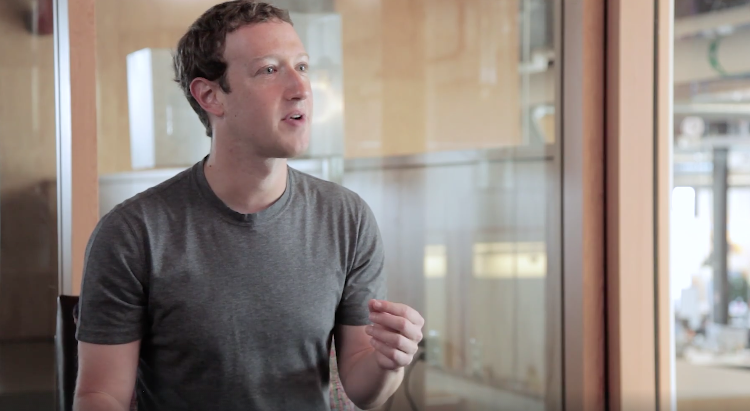
Case Study: Mark Zuckerberg and Sean Parker
One of the most notable examples of mentorship in the entrepreneurial world is the relationship between Mark Zuckerberg and Sean Parker during Facebook's early days. This case study highlights the pivotal role a mentor can play in shaping a startup's trajectory.
Mark Zuckerberg: The Aspiring Entrepreneur
Mark Zuckerberg founded Facebook in 2004 while still a student at Harvard. Although he had a groundbreaking idea and the technical skills to build the platform, Zuckerberg faced challenges typical of early-stage startups, including strategic direction, business development, and company scaling.
Sean Parker: The Seasoned Mentor
Sean Parker, the co-founder of Napster and an early executive at Plaxo, met Zuckerberg in 2004. Parker had a wealth of experience in the tech industry and understood the intricacies of growing a tech startup. He saw the potential in Facebook and decided to invest his time and resources into mentoring Zuckerberg.
Impact of Mentorship
- Strategic Guidance: Parker provided crucial strategic advice on positioning Facebook in the market. He emphasized the importance of focusing on growth and user experience over immediate monetization, which helped Facebook quickly expand its user base.
- Networking and Resources: Parker introduced Zuckerberg to key investors and industry leaders, facilitating critical early funding and partnerships. His connections in Silicon Valley were instrumental in Facebook’s initial funding rounds, including securing investments from Peter Thiel and Accel Partners.
- Business Development: With Parker’s guidance, Zuckerberg navigated the complex process of scaling Facebook from a college networking site to a global social media platform. Parker’s experience in the tech industry helped Zuckerberg avoid common pitfalls and make informed decisions that supported rapid growth.
- Building Confidence: Parker’s belief in Facebook’s potential and his mentorship gave Zuckerberg the confidence to pursue bold ideas and resist pressure to sell the company prematurely. This encouragement was crucial during the early, uncertain days of Facebook.
Conclusion: Transformative Impact
The mentorship between Mark Zuckerberg and Sean Parker exemplifies the transformative impact a mentor can have on an entrepreneur’s journey. Parker’s strategic insights, industry connections, and unwavering support helped Zuckerberg navigate the challenges of building a startup and ultimately led to the creation of one of the most influential companies in the world. This case study underscores the importance of seeking experienced mentors who can provide aspiring entrepreneurs with guidance, resources, and confidence.
Peer-Reviewed Research Studies
For those interested in further reading and understanding the concepts discussed in “Tribe of Mentors” and “Mindset,” here are some peer-reviewed research studies:
- St-Jean, E., & Audet, J. (2012). The role of mentoring in the learning development of the novice entrepreneur. International Entrepreneurship and Management Journal, 8(1), 119-140.
- Ozgen, E., & Baron, R. A. (2007). Social sources of information in opportunity recognition: Effects of mentors, industry networks, and professional forums. Journal of Business Venturing, 22(2), 174-192.
- Eesley, C., & Wang, Y. (2017). Social influence in career choice: Evidence from a randomized field experiment on entrepreneurial mentorship. Research Policy, 46(3), 636-650.
- Burnette, J. L., Pollack, J. M., Forsyth, R. B., Hoyt, C. L., Babij, A. D., Thomas, F. N., & Coy, A. E. (2020). A growth mindset intervention: Enhancing students' entrepreneurial self-efficacy and career development. Entrepreneurship Theory and Practice, 44(5), 878-908.
- Mathisen, J. E., & Arnulf, J. K. (2013). Competing mindsets in entrepreneurship: The cost and benefits of alternative belief systems. Journal of Management Studies, 50(3), 367-386.
These studies cover a wide range of entrepreneurship topics, including mentoring, the impact of a growth mindset, entrepreneurship education, career development, and the psychological aspects of entrepreneurial success.


